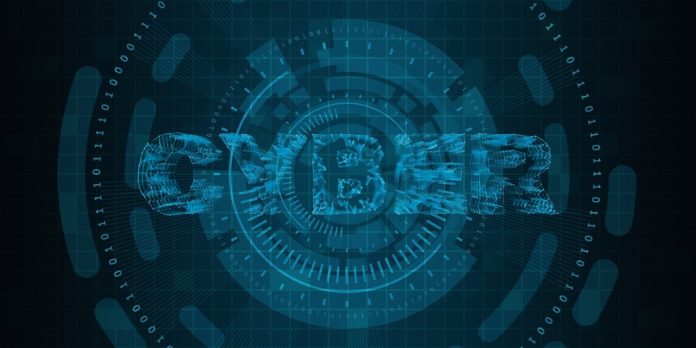The benefits of reverse address lookup services are numerous. Businesses use it to personalize their services and find leads. Individuals use it to research neighbors and neighborhoods or to improve their personal sense of well-being and safety.
Like with anything, a reverse address look up service has its dark side and cons to consider, mainly around privacy and security concerns. As concerns around data privacy and security continue to grow, service providers are taking serious measures to protect users’ personal information and prevent any potential misuse of data.
In this article, we will delve into the vital topic of enhancing privacy and security in reverse address search, examining the steps being taken to safeguard user data and comply with stringent data protection regulations.
The Importance of Privacy and Security in Reverse Address Lookup Services
When it comes to free reverse address lookup services, the privacy and security of individuals’ information are of paramount importance. When users input an address to retrieve information, they are entrusting service providers with sensitive data.
This data may include not only names and contact details but also potentially more personal information. As awareness of data breaches and identity theft increases, users rightfully demand that providers take meaningful measures to ensure that their data remains confidential and protected from unauthorized access.
Measures to Protect Personal Information
Reverse directory address services use several measures to protect personal information, including:
- Encryption Techniques: Service providers are employing advanced encryption techniques to secure the data transmitted during reverse address lookup. Encryption encodes the information, making it virtually impossible for unauthorized parties to access or decipher.
- Anonymization of Data: To protect user privacy, service providers are investing in anonymization methods that strip away identifying details from the data. This ensures that even if the data is breached, it would be challenging to link the information back to specific individuals.
- Access Controls: Implementing strict access controls helps prevent unauthorized personnel from accessing users’ personal data. Only authorized individuals with the necessary credentials can handle sensitive information, reducing the risk of data leaks.
Challenges in Ensuring Data Security
Those measures sound easy enough to implement, and while service providers are committed to safeguarding user data, they face several challenges in maintaining data security. This includes:
- Data Breaches: Data breaches occur all the time, and service providers must stay vigilant to protect against unauthorized intrusions that could compromise user information. Stolen data is used to commit fraud or identity theft and can lead to reputational damage for the business.
- Third-Party Risks: Service providers often collaborate with third-party entities for various functionalities. However, this can introduce additional security vulnerabilities, as data may be shared beyond the immediate control of the provider.
- Data Storage and Retention: The longer data is stored, the greater the risk of exposure. Providers must carefully manage data storage and retention practices to minimize these risks.
Compliance with Data Protection Regulations
Governments around the world have implemented stringent data protection regulations to protect their citizens and their data. Service providers in the reverse address lookup space must take steps to ensure compliance with these regulations, including:
- General Data Protection Regulation (GDPR): For users in the European Union, GDPR mandates stringent guidelines for the collection, storage, and processing of personal data. Service providers are adapting their practices to align with GDPR requirements, including obtaining explicit user consent and offering clear privacy policies.
- California Consumer Privacy Act (CCPA): In California, the CCPA empowers consumers with rights over their personal data, including the right to know what data is being collected and the right to opt out of data sharing. Service providers are adhering to these regulations to provide enhanced data transparency and control.
Final Thoughts
Service providers are focusing on enhancing user education and transparency regarding data privacy and security. They are taking steps to clearly communicate their privacy practices, detailing how user data is collected, processed, and protected. By providing users with a comprehensive understanding of how their information is handled, service providers empower individuals to make informed decisions about using reverse address lookup services. However, protecting data isn’t a once-off exercise. The landscape of data privacy and security is ever-evolving, and service providers must be committed to remaining vigilant and innovative in their efforts to enhance user protection. They have to invest in continuous monitoring, threat detection systems, and the latest security technologies to stay one step ahead of potential risks. Make sure that you support reputable reverse address lookup services that take security concerns seriously.



































